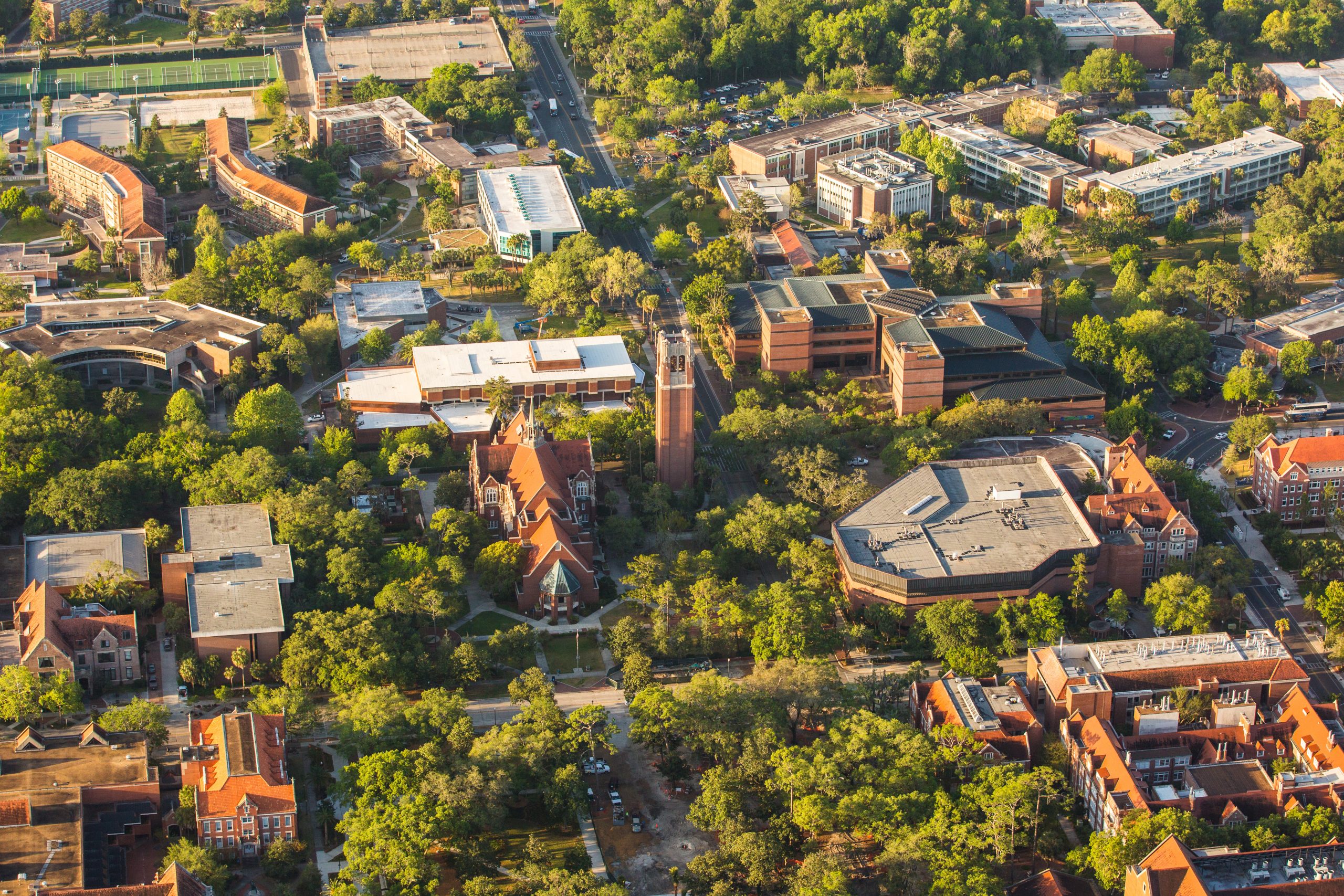
Permits and Documentation
Permit Information
- A CDC Import Permit is required for the importation of etiological agents causing disease in humans, non-sterilized human or animal tissues/fluids known or suspected to contain disease agents, hosts/vectors known or suspected to contain disease agents.
- A USDA/APHIS Veterinary Services (VS) Permit is required for import and interstate movement of livestock disease agents (naturally occurring or engineered), derivatives of livestock disease agents, material known or reasonably expected to contain livestock disease agents, vectors of livestock diseases, animal products, materials containing animal products. This includes microorganisms infectious to livestock/poultry including bacteria, viruses, protozoa, and fungi, arthropod vectors of livestock/poultry diseases, and tissues, blood, serum, or cells from known infected livestock/poultry.
- A USDA APHIS Plant Protection and Quarantine (PPQ) permit is required for the importation, interstate movement and environmental release of plant pests, biological control organisms of plant pests and weeds, bees, parasitic plants, and federally listed noxious weeds. This permit also covers the importation and interstate movement of soil or other potentially infected host material for the purpose of isolating or culturing microorganisms from those materials. Those materials may include but are not necessarily restricted to; plant material, insects/arthropods, environmental samples such as water, dust, sediments, etc..
- For items such as live plants, plant cuttings, seeds, cut flowers and greenery, fruits and vegetables, soil amendments, and wood products, refer to USDA APHIS Plants and Plant Imports.
- A Biotechnology Regulatory Services (BRS) import permit is required for the importation, interstate movement, or environmental release of certain organisms developed using genetic engineering that may pose a plant pest risk.
Biological Materials With Additional Regulatory Oversight
- The transfer of Select Infectious Agents and Toxins is also regulated by the USDA/CDC. Each shipment of listed agents must be registered with the USDA/CDC through a responsible facility official at both the shipping and receiving entities. Please contact EH&S Biosafety before sending or requesting any Select Agents. The current list of Select Agents and Toxins can be found here.
- A Florida Department of Agriculture and Consumer Services (FDACS) permit is required for the intra-state movement of any organism which may pose a risk to Florida agriculture, become a nuisance, threaten native Florida wildlife, or pose a serious medical hazard to humans or livestock. Note: A courtesy letter to the Florida Department of Agriculture and Consumer Services Division of Animal Industry is required for possession or use of any of the State of Florida reportable animal diseases.
- Export of Etiologic Agents of Humans, Animals, Plants and Related Materials is regulated by the US Department of Commerce, Dept. of State, and Dept. of the Treasury. Export to certain countries is prohibited. A wide variety of etiologic agents of human, plant and animal diseases, including genetic material, and products which might be used for culture or production biological agents, will require an export license. Check the BioAgent Export Control List . Additional information may be obtained by calling the Biosafety Office at 352-392-1591.
Responsibilities
EH&S does not maintain permits and cannot apply for permits on behalf of the PI. The PI is responsible for obtaining and maintaining any required permit. Inspections by the regulatory body may be required. If you have a permit or notification, you must register the permit through the Biohazard Project Registration system in Gator TRACS.
Common Misconceptions About Permits
The fine print is not important.
- Not true. Permit conditions can be quite stringent; make sure you can meet the requirements.
The agent is endemic so there is no need for a permit.
- Not true. Examples include Ralstonia solanacearum, Citrus canker
It is non-pathogenic so there is no need for a permit.
- Not true. Examples that require a permit include Liberibacter crescens, GE Agrobacterium
State and Federal regulators copy EH&S Biosafety on all permits, so they are aware I have a permit.
- We are not copied on permits so please do not assume that we are aware of your permits. The mechanism for notifying the Biosafety Office is through a Biohazard Project Registration in Gator TRACS.
Federal or State approval trumps UF approval, so there is no need to inform Biosafety.
- Not true – additional “local” requirements may be in place (previous problems, proximity of susceptible hosts, shared research space – all factor into approval of research).
